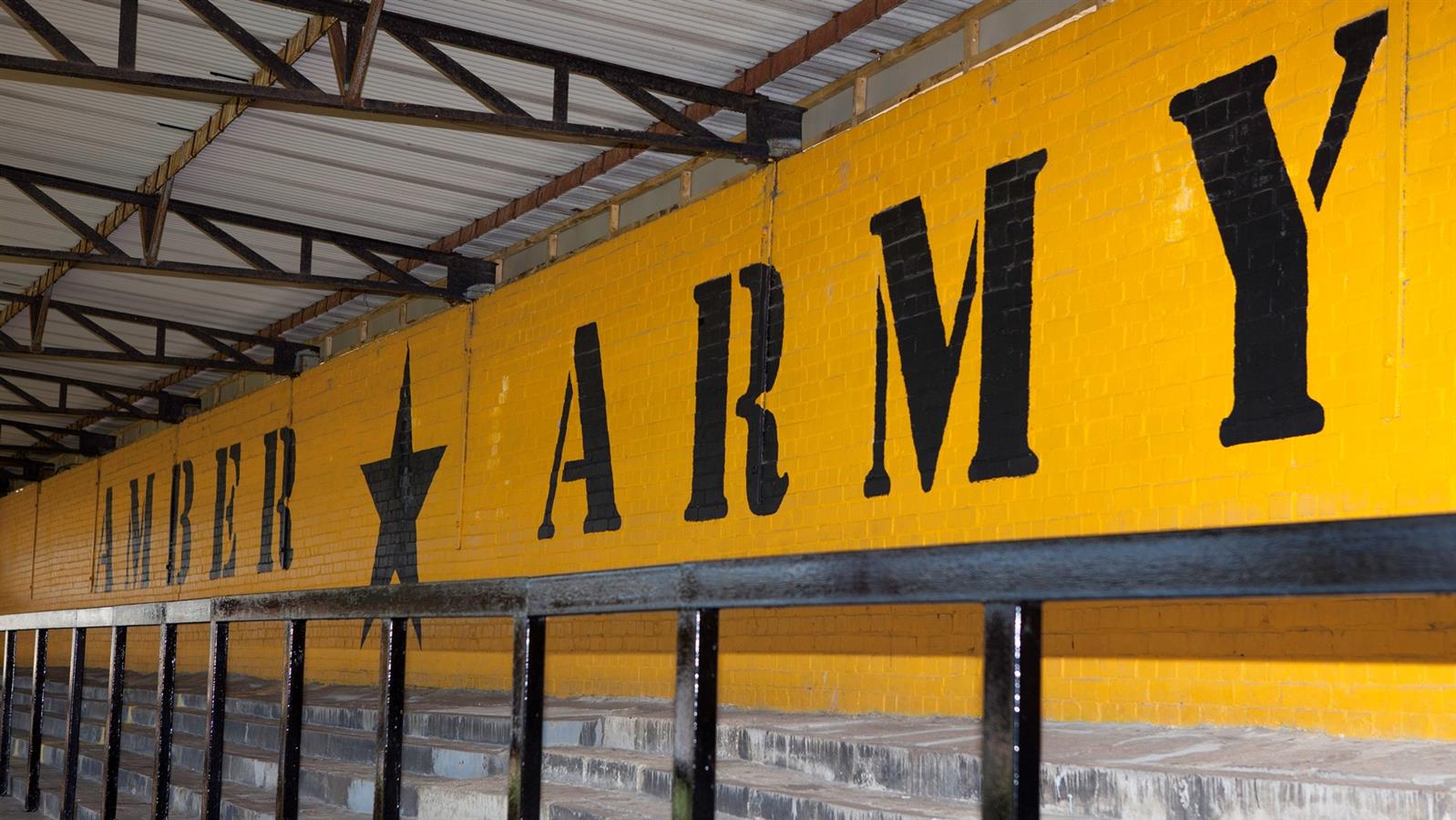CHECKATRADE TROPHY GETS BACKING FROM LEAGUE ONE AND LEAGUE TWO CLUBS
EFL Clubs collectively agree format changes to the Checkatrade Trophy for 2017/18 and 2018/19 League One and League Two clubs have overwhelmingly supported proposals to allow the continued involvement of 16 invited sides in the Checkatrade Trophy.
At the outset of the Checkatrade Trophy trial last summer, the EFL committed to giving its Clubs the opportunity to determine the competition's future format and, following a period of consultation in April, League One and League Two representatives met to share views.
During this meeting Clubs were presented with a review of the 2016/17 season before being asked to vote on three options:
1. Retaining the current format with amendments;
2. Reverting to a 48-team knock-out competition;
3. Abandoning the Checkatrade Trophy altogether.
. 66.6% of Clubs who voted did so for Option One and as a result, the format – with some key amendments – will be retained for seasons 2017/18 and 2018/19.
KEY FORMAT CHANGES include:
- EFL team selection criteria amended to allow increased flexibility for League One and League Two Clubs
- An increase in the total competition fund to £3 million;
- Each group will continue to contain one invited under 21 team with the remainder made up of EFL Clubs from either League One or League Two. Groups will be formed to minimise overall travel time for EFL Clubs and fans;
- Invited under 21 teams will play their Group games away from home;
- Regionalisation until the Quarter-Final stage (improved from Round Two in 2016/17) to minimise overall travel time for Clubs and fans;
- Flexibility of fixture dates to allow teams to schedule games outside of international weeks;
As part of the proposals, the selection criteria for invited under 21 teams will remain as 'six players from the starting 11 must be under the age of 21 as at 30 June 2017.'
There are three HEADLINE OBJECTIVES for the Checkatrade Trophy in seasons 2017/18 and 2018/19. They are:
- Provide enhanced playing opportunities for young players of EFL and Category One Clubs;
- Enhance the profile of the competition;
- Improve the revenue opportunities for EFL Clubs.
Cambridge United Chairman Dave Doggett commented: “Having listened to the concerns of supporters alongside the EFL and consulted with the CFU executive committee throughout the process, as a Club we are happy that significant improvements have been made to the competition’s format next season.
“The proposals were fully discussed with CFU and after a long discussion it was agreed that the club would vote in favour of the revised format.
“The Checkatrade Trophy provides Cambridge United with a great opportunity for our players and supporters to progress to the final stages of a cup competition with another possible Wembley appearance.
“The changes in eligibility of players to feature in matches will ensure more of the squad can play competitive matches, particularly if they are returning from an injury. The competition also provides a genuine chance for our younger players making the transition from the Academy into the first team, as we saw in the exciting case of Leon Davies last season.”
Meanwhile EFL Chief Executive Shaun Harvey has welcomed the support of the competition.
He said: "The history of the EFL Trophy is one of new ideas and innovation, but at its heart has always been the belief that this is an opportunity for League One and League Two clubs to taste cup success. I am therefore delighted to see the backing the Checkatrade Trophy has received from our Clubs for the next two seasons, following a full and comprehensive review of this year's pilot format.
"We wanted to ensure that League One and League Two Clubs had the opportunity to make the key decisions regarding where we take the competition in 2017/18 and beyond and I believe we have reached a revised format that benefits all parties.
"EFL Clubs will have greater flexibility with regard to team selection, while still maintaining the principle that this is a first team competition for our Clubs that will support the development and progression of young players. The competition will also provide significant financial rewards for all EFL Clubs, which increases with success."
